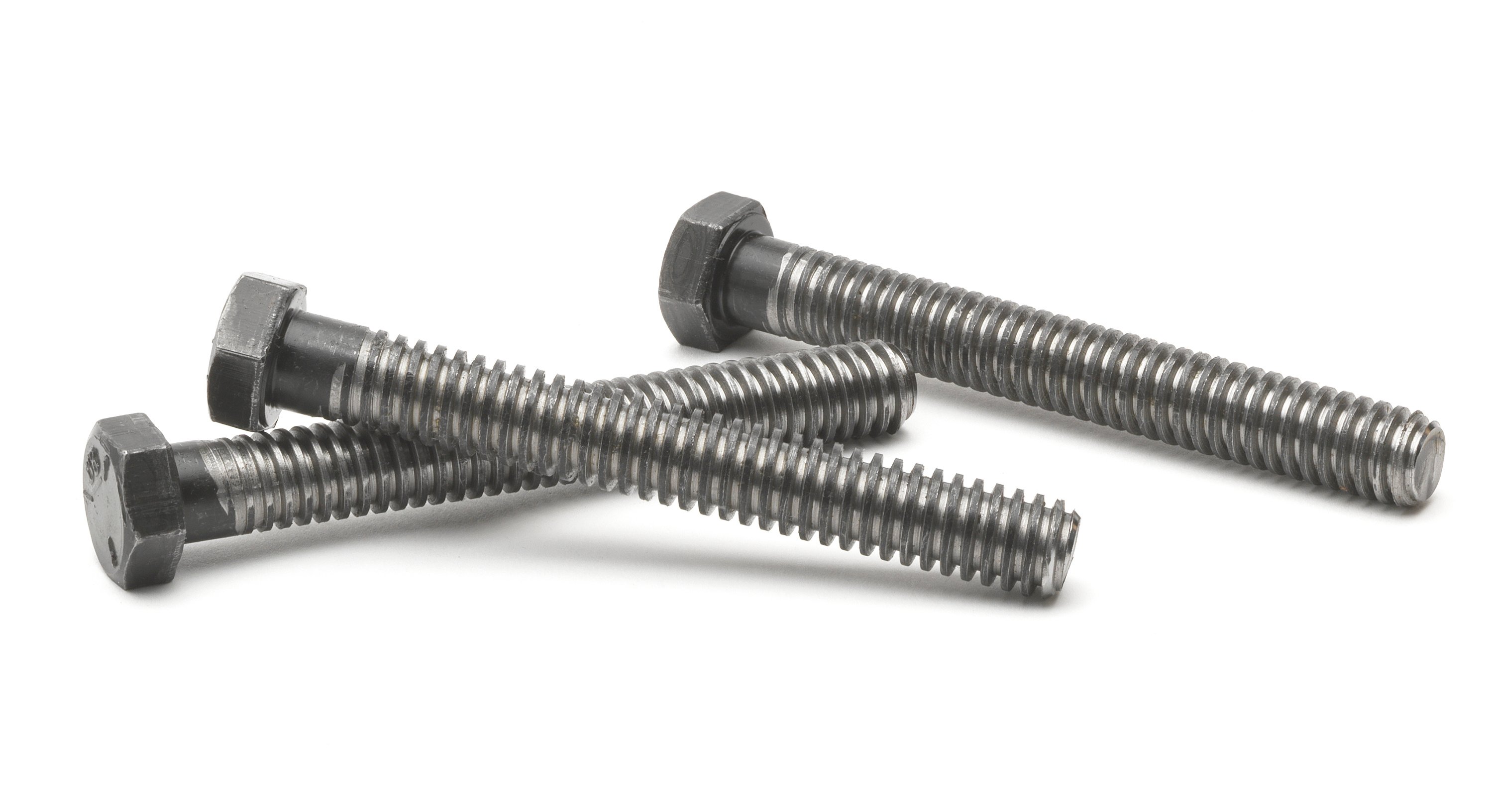Beyond the Bolt: How Choosing the Right Fastener Can Transform Your Projects
In the world of construction, manufacturing, and various industrial applications, metal fasteners play a crucial role. They are the unsung...

Acme threaded bolts are a staple in many industries due to their unique design and functionality. Whether you're a seasoned engineer or just curious about these components, here are the answers to the top 10 questions people often ask about Acme threaded bolts.
Acme threaded bolts are commonly used in applications requiring heavy load-bearing capabilities and smooth, precise movement. They are often found in machinery, lead screws, vises, and jacks.
Acme threads have a trapezoidal shape, which provides greater strength and durability compared to standard V-shaped threads. This design also allows for better load distribution and smoother operation.
Acme threaded bolts can be made from various materials, including:
To measure Acme threads, you need to determine the thread pitch (the distance between threads) and the thread diameter. Specialized tools like thread gauges and micrometers are often used for accurate measurements.
Acme threads offer several advantages, including high load-carrying capacity, increased durability, and smoother operation. They are also easier to machine and can handle higher levels of wear and tear.
Cutting or machining Acme threads requires specialized tools and equipment. Lathes and thread milling machines are commonly used. It's essential to follow precise specifications to ensure the threads are cut accurately.
Acme threads come in various sizes and pitches, typically ranging from 1/4 inch to 6 inches in diameter, with pitches from 2 to 16 threads per inch. The specific size and pitch depend on the application requirements.
Calculating the load capacity involves considering factors such as the material strength, thread size, and pitch. Engineering formulas and load charts are often used to determine the maximum load a bolt can handle.
There are several types of Acme threads, including general-purpose Acme threads, centralizing Acme threads, and stub Acme threads. Each type has specific characteristics suited for different applications.
Regular maintenance and lubrication are crucial for the longevity and performance of Acme threaded bolts. Use appropriate lubricants to reduce friction and wear and inspect the threads periodically for signs of damage.
Do you have an upcoming construction project but aren't sure what type and quality of fasteners you should use? Well, Big Bolt has you covered! We can manufacture specialty fasteners or let you pick from our large inventory. We are also equipped to rush-manufacture and customize different products upon request to meet your schedule and ensure your project succeeds. Get in touch with us today to get a quote.
In the world of construction, manufacturing, and various industrial applications, metal fasteners play a crucial role. They are the unsung...
Construction fasteners typically connect structural members. They are critical to the success of a project, yet they’re not all the same....
Fasteners come in all kinds of shapes, sizes, and finishes and each one can be used for a variety of applications. To help you navigate the...